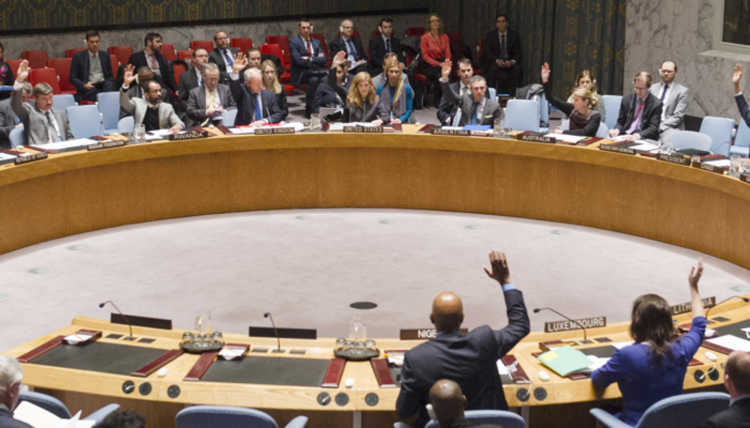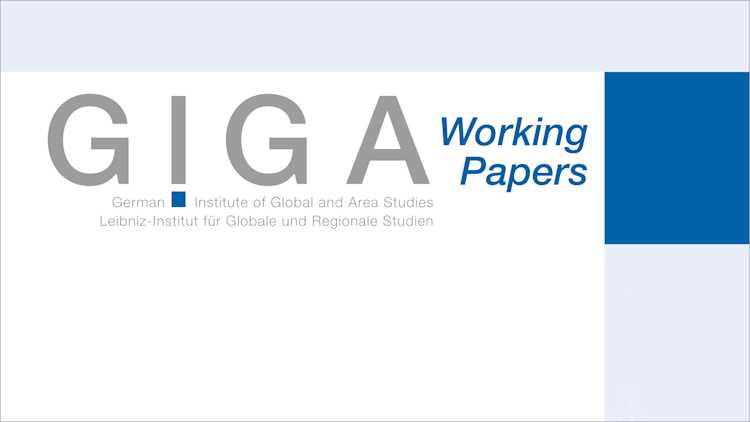Research | 15/01/2015
Not All Dictators Are Equal
Strengthening democracy is the main goal of many Western sanctions. However, Christian von Soest and Michael Wahman show how selectively the West uses sanctions to promote democratic standards.

Western democracies use sanctions to promote values such as democracy and human rights and to punish violations of them. But in doing so, they don’t treat all states in the same way. Why is Venezuela a target of American sanctions but Saudi Arabia and Qatar are spared? In which cases do Western countries decide for or against sanctions?
"How the West selectively promotes democracy through sanctions" is the title that Christian von Soest, a senior research fellow at GIGA, and Michael Wahman of the London School of Economics and Political Science have given their article on the Washington Post’s international political blog Monkey Cage.
Their thesis: Countries where there are periodic but dramatic violations of democratic values are more often the target of sanctions than countries where absolutely no or only very limited democratic standards exist. Dramatic events such as coups generally increase the media coverage in the United States and in European countries and thus the pressure to apply sanctions.
Sanctions have also often focused on economically and politically unstable states, where, for instance, trade sanctions have had a much more rapid impact, and on those states with which the West doesn’t have strong economic ties – that is, those cases where the costs of the sanctions have been lower. The examples of Saudi Arabia, Egypt and Qatar show that authoritarian states with good (economic) connections to the West are seldom punished for violating democratic norms.
Thus, the closer its economic relations with the West and the more pro-West its foreign policy, the less an authoritarian country has to fear sanctions, write von Soest and Wahman in their blog submission.
Their arguments are based on a study they recently published in the Journal of Peace Research under the title "Not all dictators are equal" (January 2015, vol. 52, no. 1, 17–31). Here they have evaluated all the sanctions imposed by the EU and the United States from 1990 to 2010 with the aim of punishing violations of democratic norms.
The article is a product of the GIGA research project "Ineffective Sanctions? External Sanctions and the Persistence of Autocratic Regimes", which is funded by the Fritz Thyssen Foundation. For the project, a team of international researchers is investigating the effect of sanctions. The initial results of their work show that the West does play an important role in the spread of democracy. Examples include the democratization of the post-Soviet states and some African states in the 1990s or successes resulting from the observation of elections.
However, the EU and the United States are not particularly consistent: it appears that the West’s engagement is often limited to those countries where no foreign policy or economic disadvantages for the West result from sanctions – or those countries that are subject to special media and public scrutiny.









